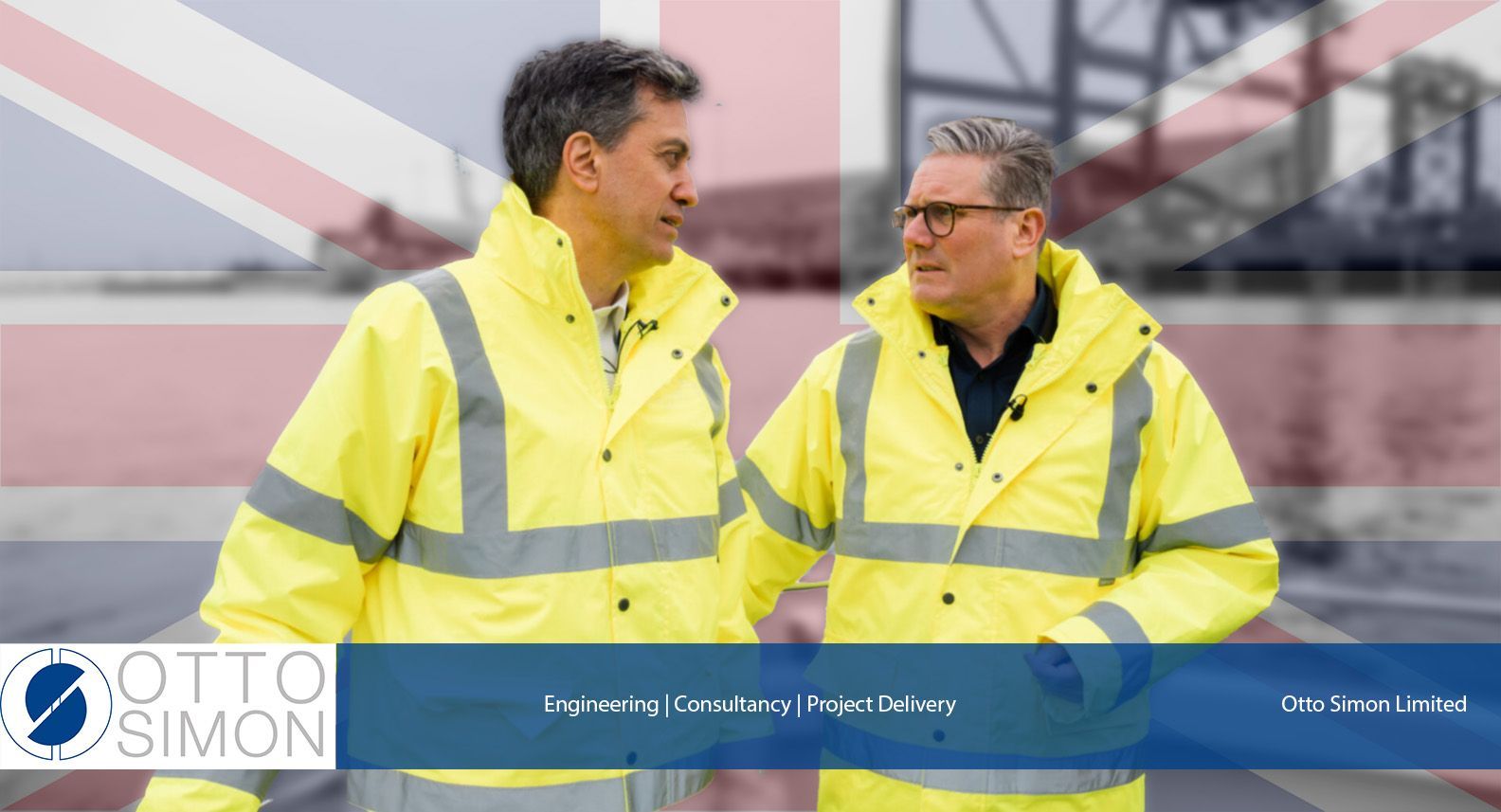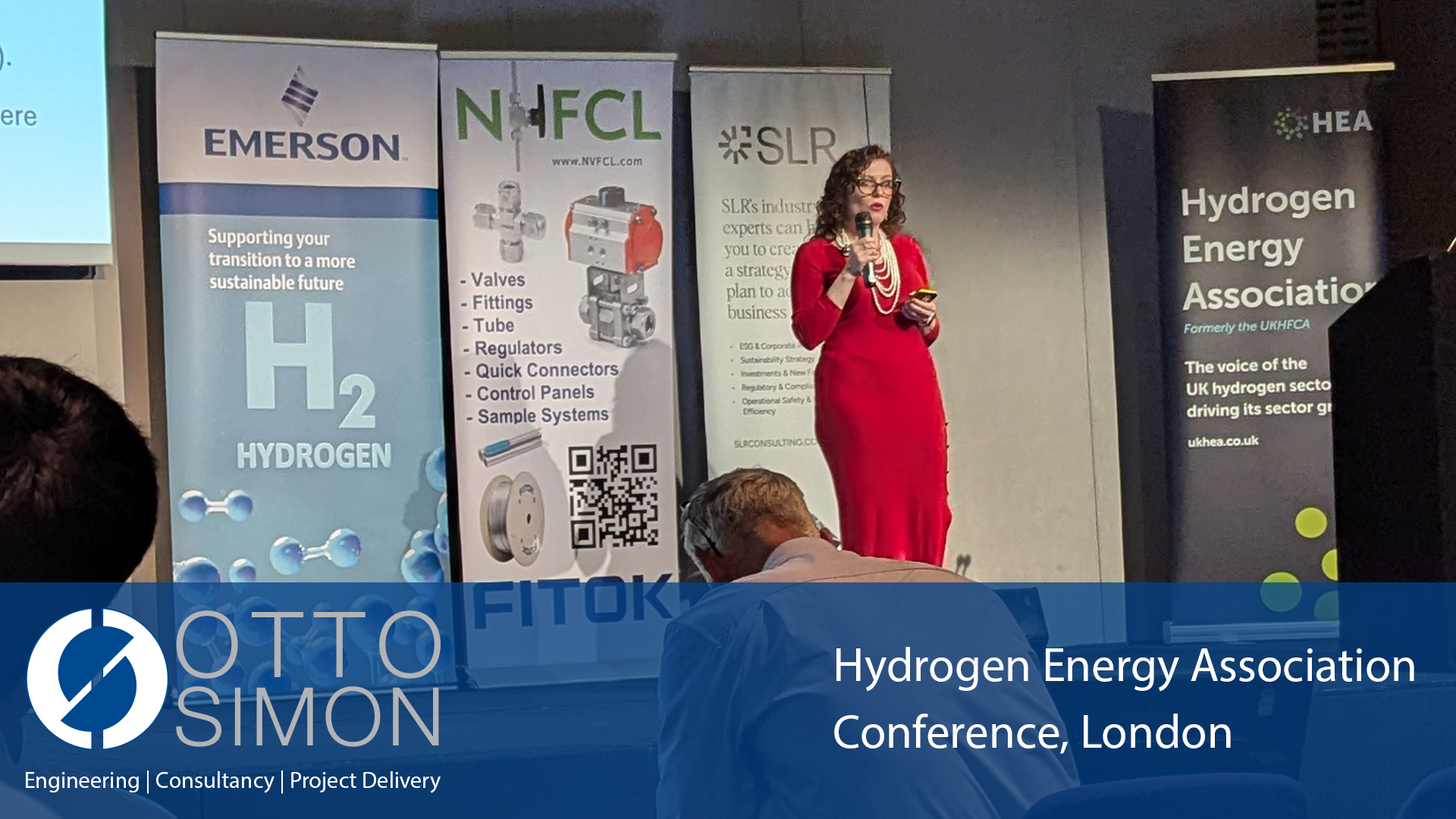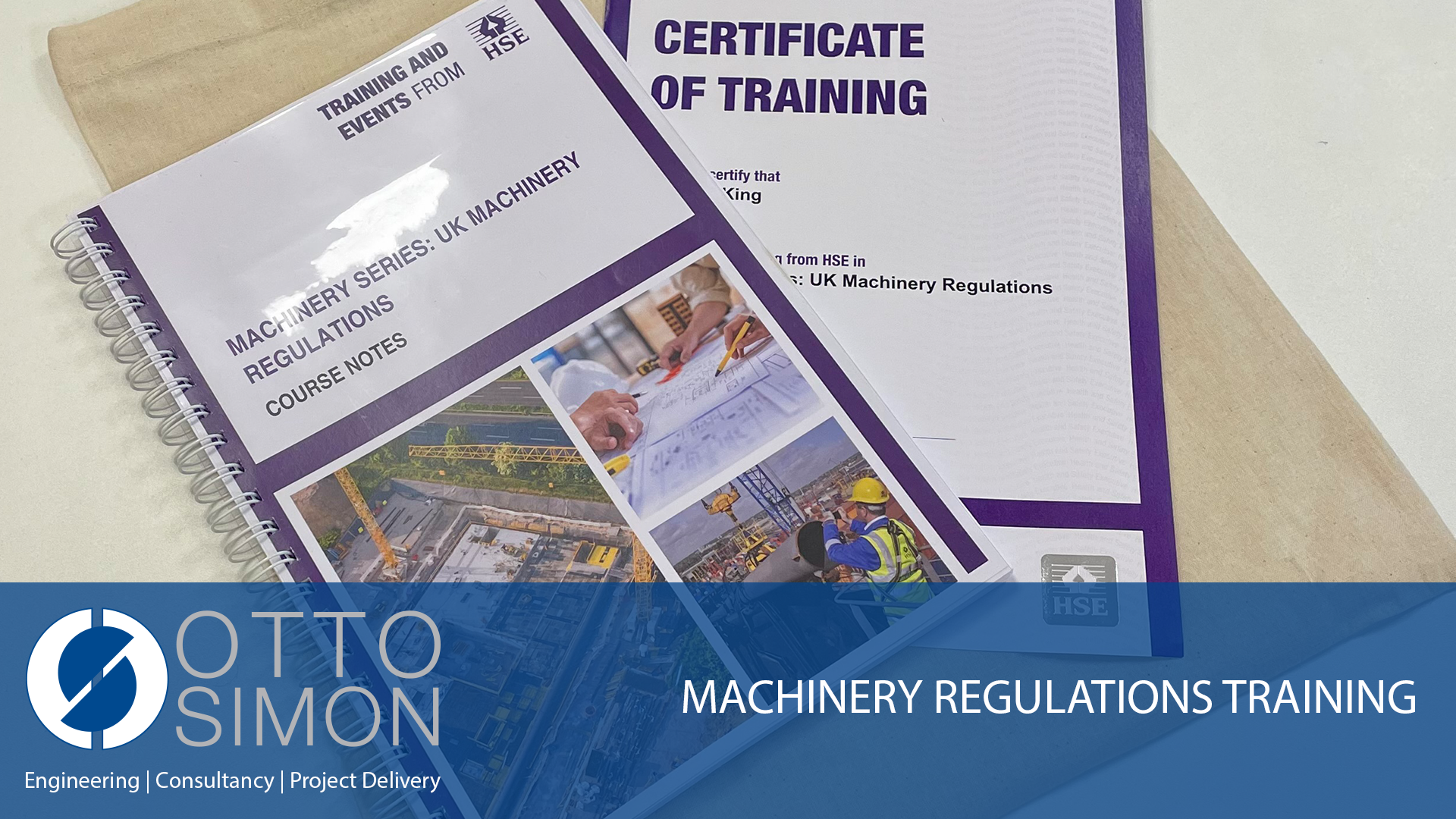New UK Government's Renewed Hydrogen Commitment

Otto Simon is pleased to see the government’s renewed commitment to net-zero with hydrogen being viewed as part of the solution.
Last week in parliament, Energy Secretary Ed Miliband set out the next steps on making Britain a clean energy superpower. Plans included:
- An Onshore Wind Industry Taskforce to drive forward deployment
- Publishing the solar roadmap and reconvening the Solar Taskforce
- Introducing legislation to set up the Great British Energy, a publicly owned energy company
- Increase energy independence and to tackle the climate crisis
In addition to the dedicated £500m for green hydrogen, the new government for the UK has stated there will be investments in carbon capture and storage, hydrogen and marine energy to ensure the country has long-term energy resources to meet demands.
The 2024 King's Speech was held on 17 July 2024 and opened the first session of the new parliament since the general election. The speech emphasised achieving net-zero goals and boosting clean energy technologies and mentioned the creation of "Great British Energy” and a new National Wealth Fund. This could be a source of investment for hydrogen projects if the government prioritises clean energy. This bodes well for hydrogen, seen as a key component in a low-carbon future. The exact level of impact will depend on the forthcoming policy details which we eagerly await, however we can be reassured as the government's approach to hydrogen aligns with the Climate Change Committee's (CCC) net zero 2030 and 2050 targets, some key points to note:
- Both the government and the CCC see hydrogen as a potential tool for decarbonization in sectors that are difficult to electrify, such as heavy industry and heating.
- The government's strategy focuses on developing a hydrogen economy in stages. The CCC agrees with prioritizing other solutions like electrification first, while still encouraging hydrogen development for later stages.
- Both sides emphasise the importance of using low-carbon methods like electrolysis with renewable energy to produce hydrogen (green hydrogen) to maximize its climate benefit.
The key focus is likely to be seen over the next 6 years on conducting trials and data gathering, particularly on hydrogen blending for large scale use before we see detail laid out in upcoming legislation and the CCC's assessment. Both challenging and exciting times are ahead!
Recent Blog Posts


